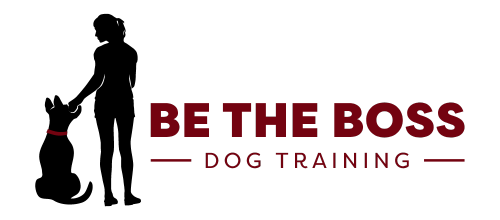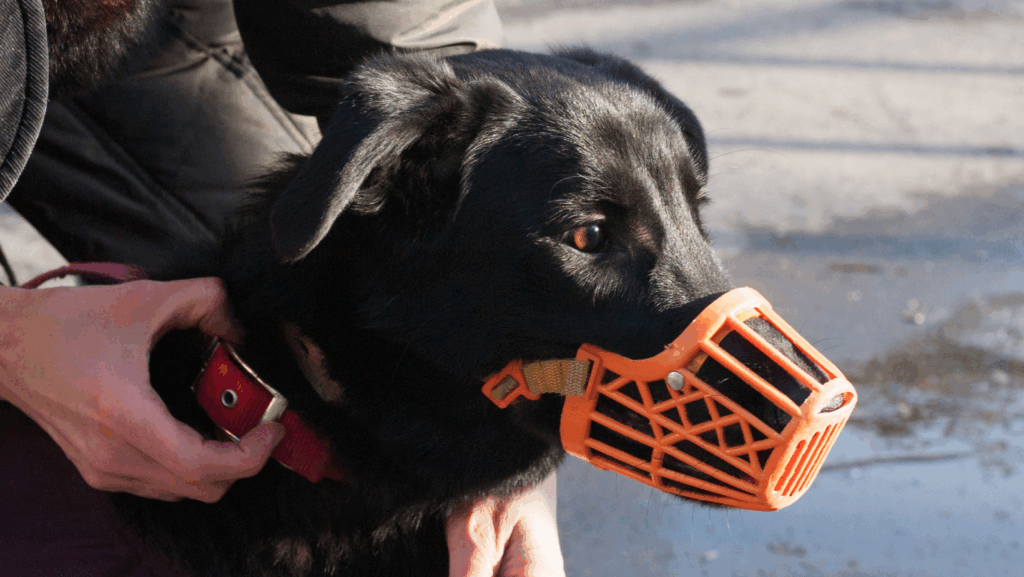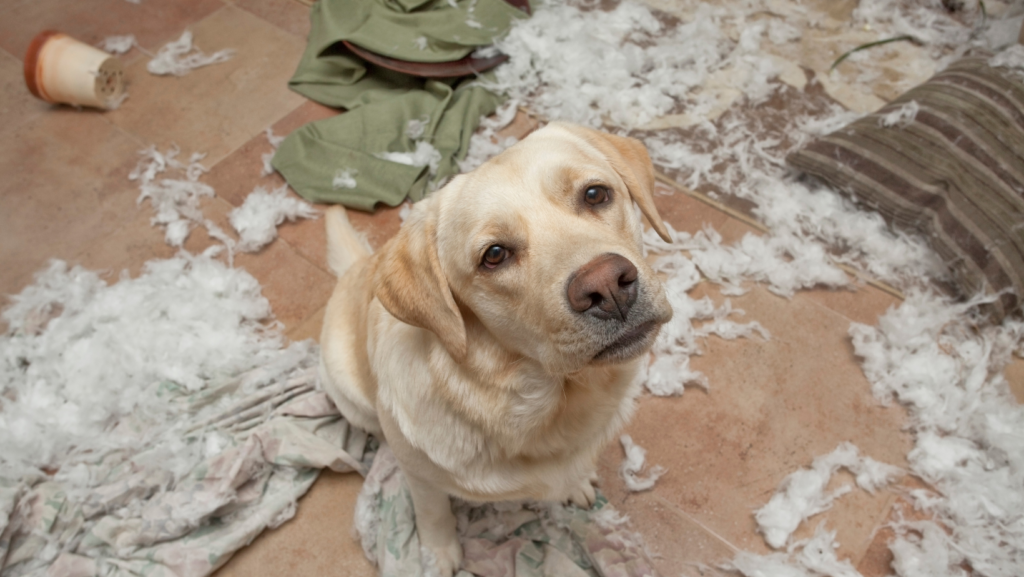Finding the balance between being a dog parent and working from home can be both challenging and rewarding. As a dog trainer with nearly a decade of experience, I’ve observed many transformations. Through guidance and commitment, many pet owners can integrate their pets into their daily routine successfully.
First, it’s vital to establish how to balance a dog and a life. Dogs need attention, care, and affection, just like humans. When working from home, setting clear boundaries and schedules is paramount. Create a consistent routine that includes feeding, playtime, and walks, helping your dog know what to expect, allowing you to plan your work around your pet’s needs.
Furthermore, flexibility is essential. Your dog may need unexpected attention or medical care, and understanding these needs while juggling work responsibilities can be demanding. Managing these situations with grace and ease comes with practice and a dedication to providing your pet with the best life possible.
Continuing on this path of balance, it’s wise to invest in your dog’s training. Utilize resources like Be the Boss Dog Training for valuable insights into obedience and behavioral training. This investment can not only enhance your pet’s life but make daily interactions more pleasurable and less stressful.
Assessing Yourself as a Dog Owner

The next aspect of pet ownership to consider is how to know if you’re a good dog owner. Being a responsible owner means understanding your pet’s needs and meeting them consistently. Providing regular exercise, proper nutrition, and ample love and attention are vital components.
Moreover, it’s crucial to recognize that owning a dog is a long-term commitment. Dogs require constant care and affection, and a shift in lifestyle or unexpected events should not disrupt their well-being. A true pet parent is ready to make sacrifices and adjustments to ensure their pet’s happiness and health.
Connecting with fellow dog lovers can also provide insights and support. Engaging in community events such as those found on Dogs Unleashed Utah County can create socialization opportunities for your pet and connect you with a supportive network. After all, community support can be a key factor in thriving as a pet parent.
Lastly, regular vet visits and preventive care are essential. Understanding your pet’s health needs and acting proactively can make you an excellent pet parent, committed to your dog’s longevity and quality of life.
Integrating Your Dog into a Busy Life

Lastly, how to get your dog to fit into a busy life. This challenge is where professional guidance can make a significant difference. Training your dog to adapt to your work schedule can be a breeze with the right tools and methods. Utilizing sites like Be the Boss Dog Training for various techniques and tips can ease the process.
In addition, communication between family members about your pet’s needs and schedule is vital. Everyone in the household must be on the same page to ensure that the dog’s routine remains consistent, even in a bustling family environment.
Furthermore, understanding your dog’s personality and breed-specific needs can enhance your ability to integrate them into your life seamlessly. Some dogs may require more exercise or mental stimulation, so tailoring your routine to suit these needs can lead to a more harmonious household.
Lastly, prioritizing quality time with your pet, even during busy days, can make a world of difference. A little playtime, a shared meal, or even a quick cuddle can reinforce the bond between you and your dog, creating a loving and nurturing environment.
Conclusion
In conclusion, finding balance with your dog while working from home is an achievable goal. By setting boundaries, establishing a routine, involving yourself in your local dog community, and utilizing expert advice, you can create a harmonious relationship with your furry friend. Through compassion, understanding, and patience, you and your dog can enjoy a fulfilling and balanced life together. Whether you’re a seasoned pet owner or just starting your journey, these principles apply universally, helping you to cultivate a relationship with your dog that’s filled with joy, trust, and mutual respect.
Remember to reach out to local resources, join community groups, and seek professional guidance as needed. Your efforts will be rewarded with a happy, well-adjusted canine companion, ready to support you through every workday and beyond.
Your local dog trainer
Bethany





